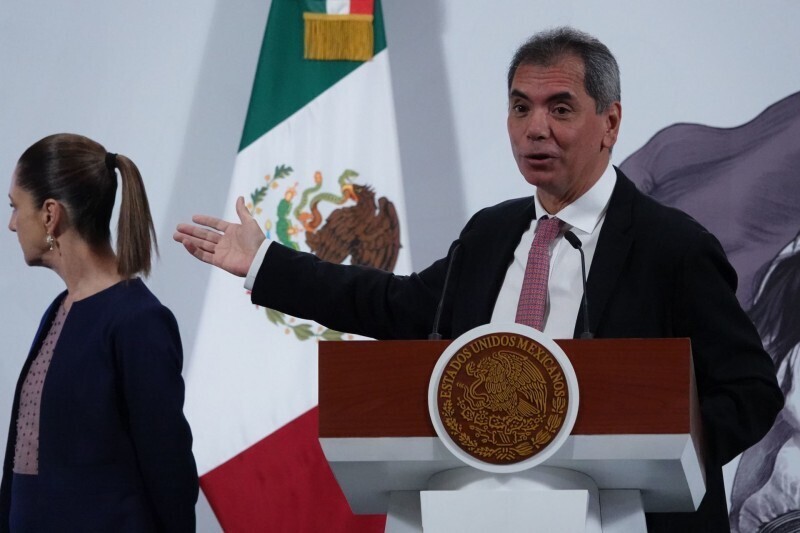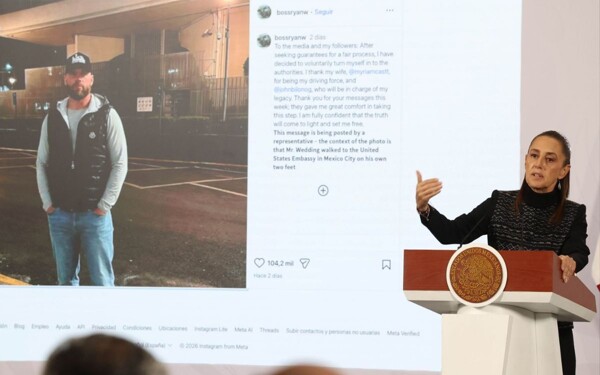
The objective is to order the discussion and show that legislators are willing to listen to the affected sectors before making a decision. This decree has caused a lot of controversy because, due to the structure of the Mexican economy, there are tariffed products that will make final products more expensive or, what is worse for the economy, generate a scarcity of certain goods. The working tables will be held from 9:30 a.m. to 3:30 p.m. in halls C and D of Building G at San Lázaro, with the participation of representatives from manufacturing, consumer goods, automotive, metal-mechanical, textile, and personal products. In San Lázaro, they explain that the opening of these tables aims to ensure that no sector is left out of the process. "This decree has caused a lot of controversy because, due to the structure of the Mexican economy, there are tariffed products that will make final products more expensive or, what is worse for the economy, generate a scarcity of certain goods," explained to LPO David Hurtado Badiola, vice president of the commission on trade and investment policies of ICC Mexico. San Lázaro calls on businessmen to review the new tariffs on China. Hurtado Badiola explained that Mexico faces conflicting interests between national producers and foreign companies that use Asian inputs to manufacture in the country. On the other hand, he recognizes the tension that the decree is part of the negotiation to prevent Mexico from being used as a springboard to send Asian products to the United States. The call was confirmed to LPO by Miguel Ángel Salim, president of the Economy, Trade and Competitiveness Commission. For now, the priority is to exhaust the legislative process. But they do not rule out that if the debate becomes complicated, the Executive Branch may resort to a decree, as has happened on other occasions. He described a scenario where sensitive industries such as steel, textiles, footwear, or toys coexist with exporting sectors that depend on these inputs. The tables this Wednesday will be the first filter to gauge the mood of the private sector and adjust the final draft. The Congress activated the discussion on the new tariffs on Asian imports, amid warnings from businessmen who fear strong consequences for the economy. This Wednesday, November 26, the Chamber of Deputies will open a formal space to listen to the country's main industries before voting on the reform to the LIGIE, which seeks to increase taxes by up to 50% on more than a thousand tariff fractions from countries without a trade agreement with Mexico. The Commission already has a preliminary evaluation, but it wants to incorporate specific observations before issuing its opinion. The intention is for the discussion to move quickly and for the reform to be voted on before December 15, when the legislative period closes. "Production chains require a tariff-free system," he stated. According to Hurtado Badiola, the tariff decree under discussion is extreme due to the number of products involved and because the tariffs can reach up to 50%, the maximum allowed by the WTO.














